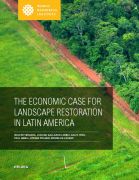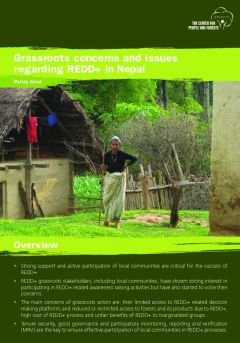Regulation of the Ministry of Environment and Forestry of R.I. No. P.81/MENLHK/SETJEN/KUM.1/10/2016 on Cooperation of Use of Forest Zones for Supporting Food Security.
This Regulation, consisting of 19 articles divided into four Chapters, regulates the Cooperation of Use of Forest Zones for Supporting Food Security. Purpose and objectives of this Regulation are: promoting cooperation in the use of forest areas to support food security as a reference for cooperating in the implementation of food crops and livestock development efforts to ensure the achievement of national food production, by applying the principles of good forestry governance.





